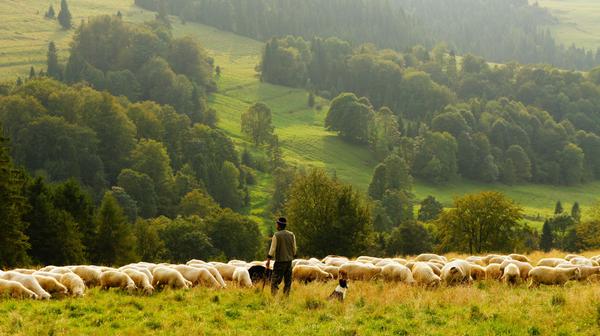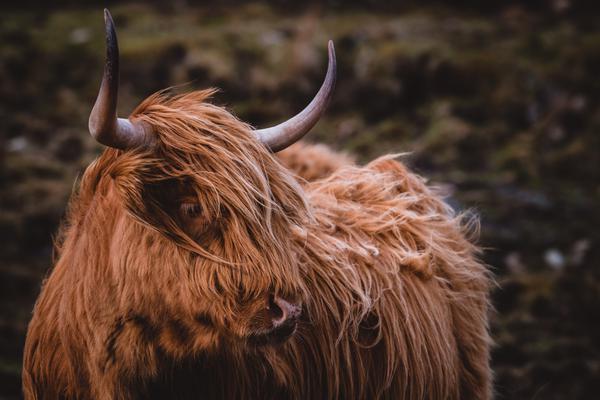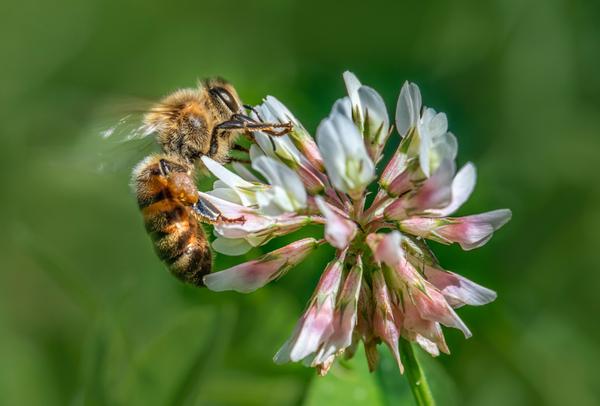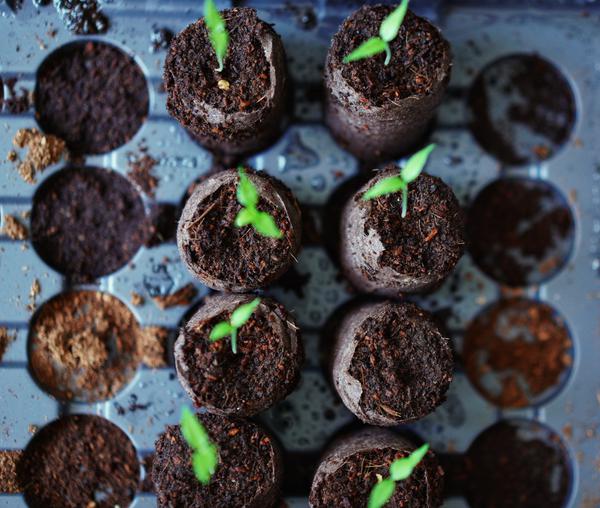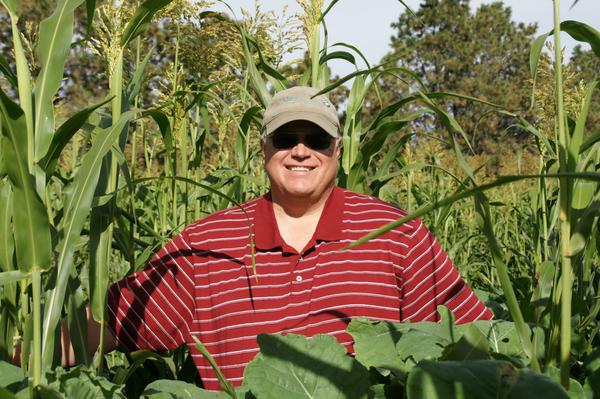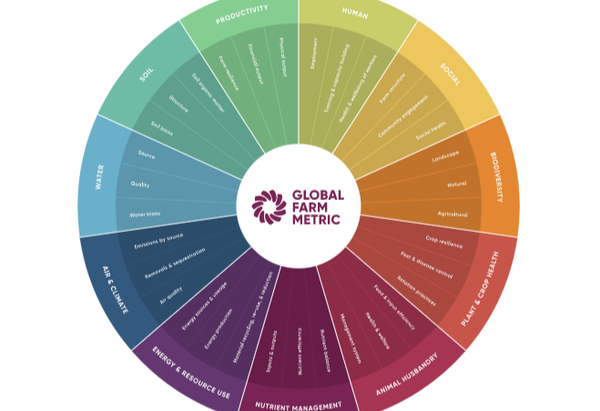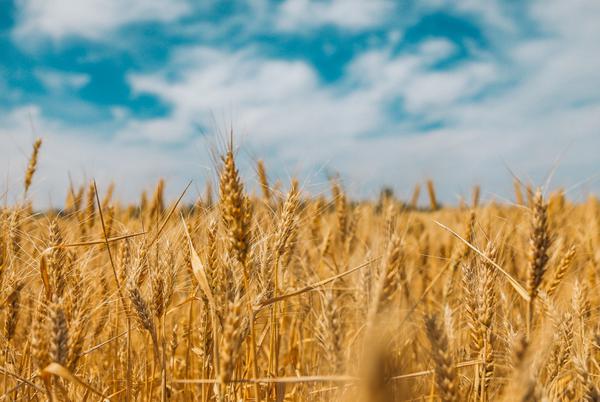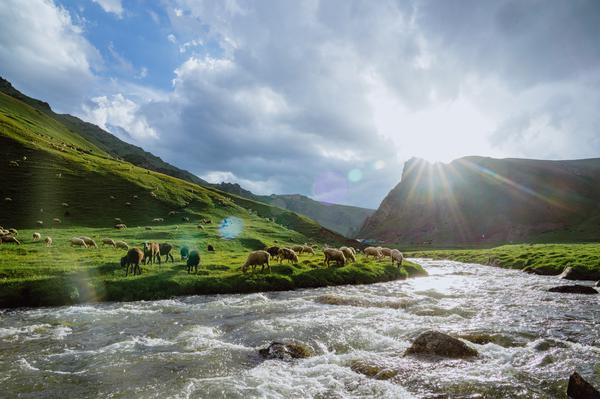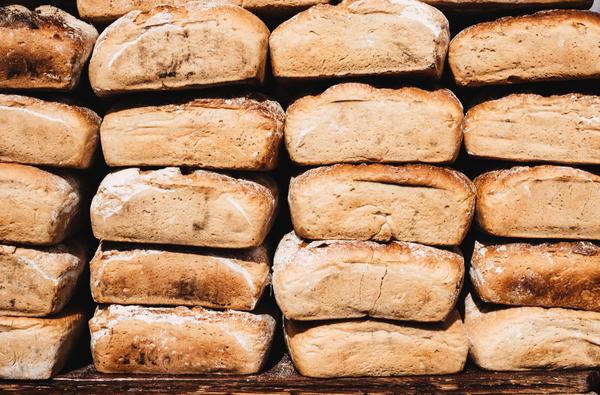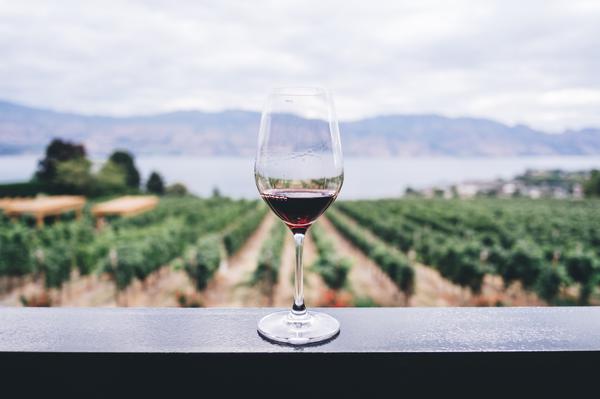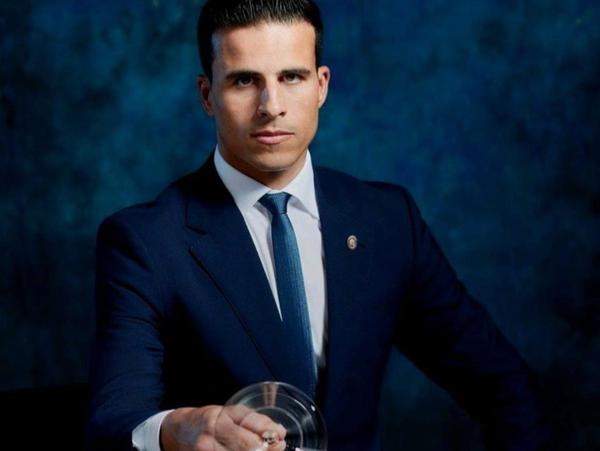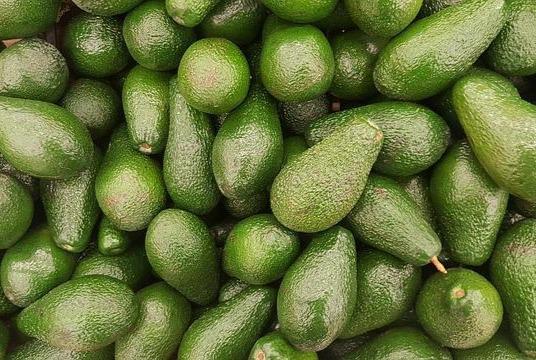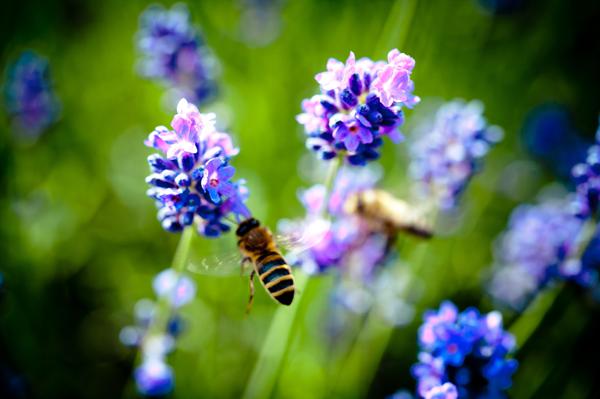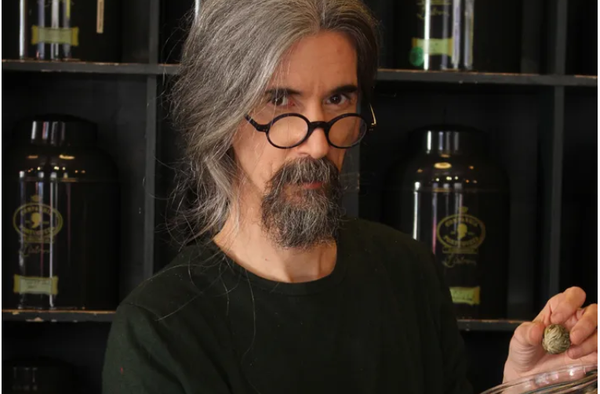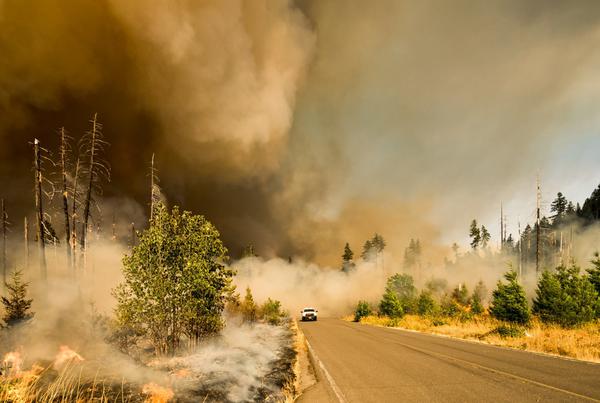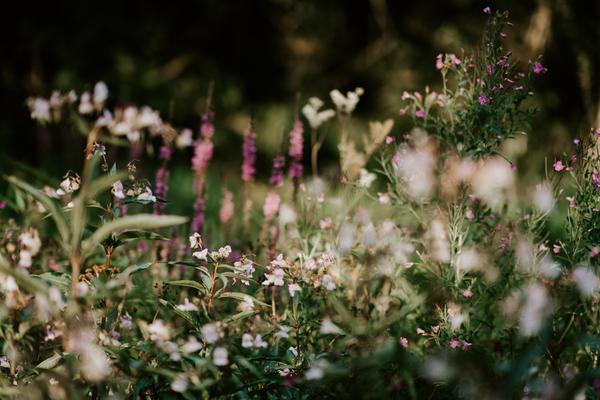I've been a journalist for 10 years and love nothing better than talking to interesting people, exploring new places, and getting my head around big issues.
In pursuit of all of this, I've been lucky enough to report from Colombia, Ecuador, Peru, Côte d'Ivoire, China, Hong Kong, Portugal, Belgium, Greece, France, Germany, and all over the UK.
My bylines to date include; BBC Future, National Geographic, Farmers Guardian, Farmers Weekly, Wicked Leeks, Vice, and many other agricultural publications. If you've got a great story to tell, or you're an editor who would like to commission me, please get in touch here.
